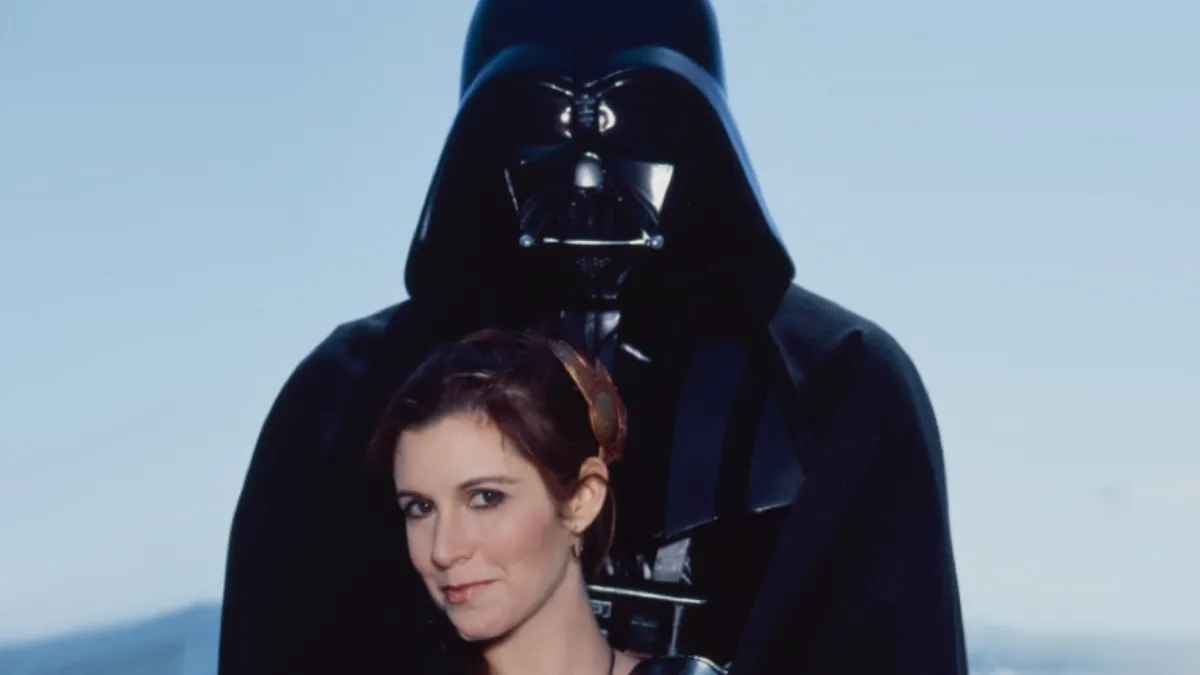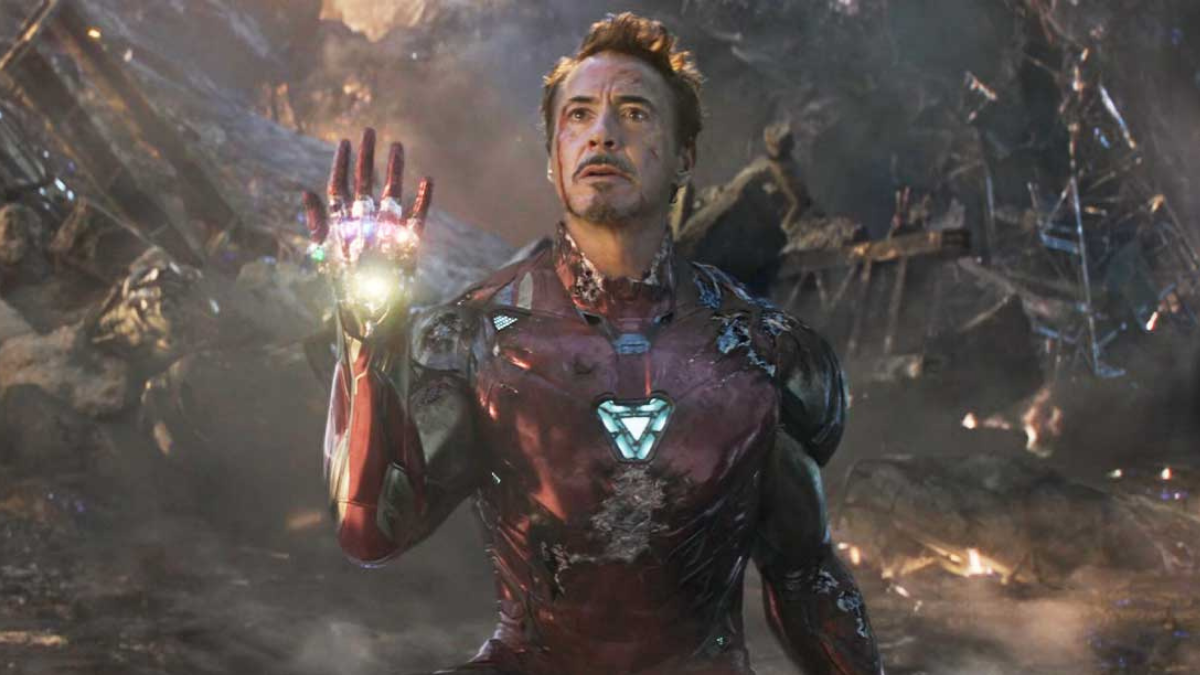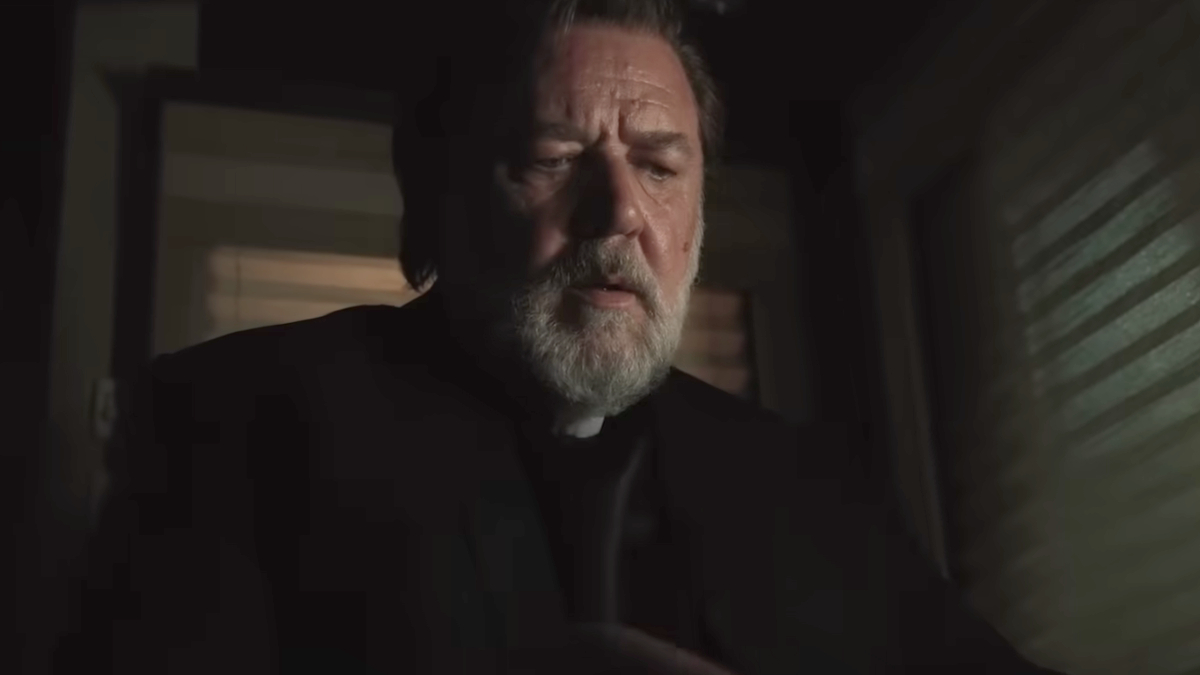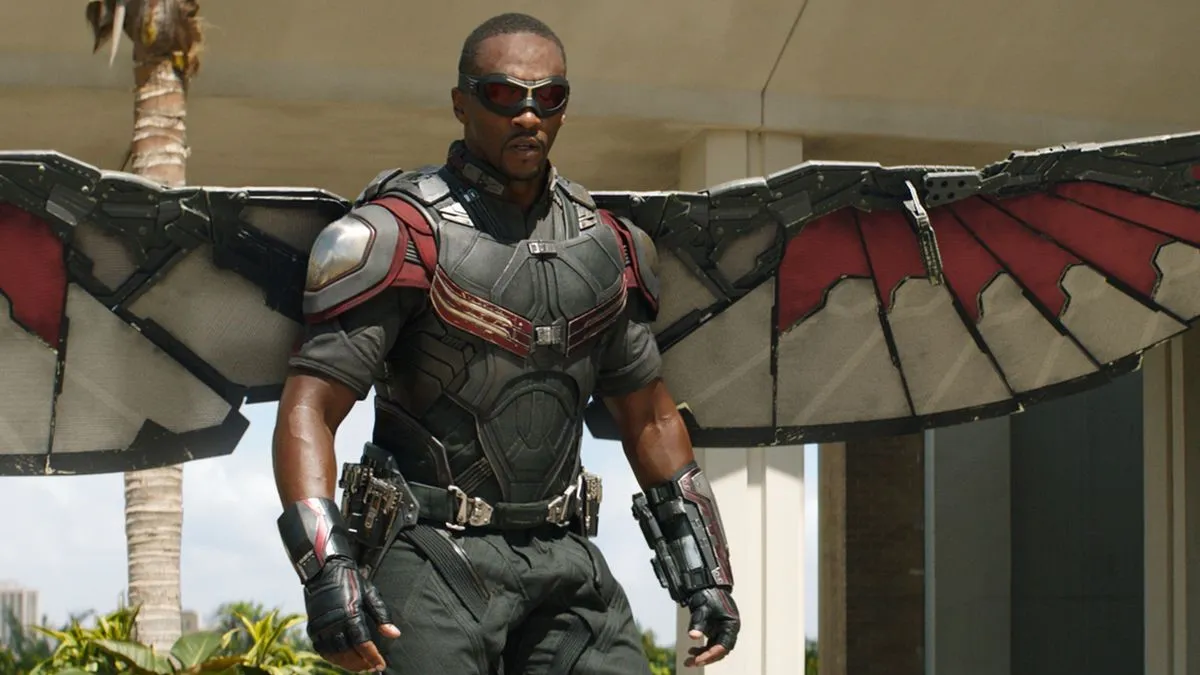At one point during Tara Wood’s chiefly tributary film, QT8: The First Eight, Quentin Tarantino is described, simply, as a romantic. Rampaging through the ears and bucketing past the brain, it’s a trivial duality, pitting the instant and universal characteristics of his work – bloody and foul – against their red-soaked and maniacally-written storylines. You remember that after Django (Jamie Foxx) decimates what’s left of Candy Land, he doesn’t just ride off into the night’s sky, he stares back at the lovely woman he’s liberated, his now-quenched purpose for gunfighting. The shockwaves rage on until you finally realize, “oh wait, that’s actually true.”
As was the case here, this documentary sometimes flourishes as an archive of analytical footage, validating claims with perfectly plucked pieces from his catalogue – mere sentences are occasionally enhanced by a minute moment from a movie. But QT8 is also a frustratingly awed history of the famed filmmaker, one which chooses to gallop along the well-known peaks of his career, and happily skip over or push away its bleakest valleys. This is not to say that its function or responsibilities fall in line with that of an exposé; no, this feels more like an extended and exaggerated eulogy. But a completely complimentary look at a man whose entire professional life has been skewered by controversy feels, likewise, completely lax.
As if this needed to be said, the title refers to the eight motion pictures (the eight that Tarantino counts, that is) which had been unleashed upon the world prior to this year’s Once Upon a Time…in Hollywood. This, of course, combines the two volumes of Kill Bill – the solo format was what the director had originally intended – and excludes his mere writing credits on films like True Romance and Natural Born Killers, though all are thoroughly mentioned. From there, a retrospective timeline is established, appropriately breaking the eight films apart into chapters, and endorsed by the men and women who helped create them.
That is, with one major exception.
Apart from the occasional two-dimensional cartoon, in which he always emerges in his Mr. Brown getup, or a behind-the-scenes reel, Tarantino never makes an appearance himself. Instead, interviews with his most recognizable collaborators – Samuel L. Jackson, Tim Roth, Eli Roth, Christoph Waltz, Michael Madsen, and Zoë Bell, to name a few – producers, and critics take charge of the narrative. Tarantino’s quirky insights only introduce each film in quote form (all of which are presented on an unflattering, PowerPoint-like slide), the rest is left to some of those who know him best.
They guide us through the story that is, for the most part, still being written. While a dissertation to the level of other documentaries surrounding veteran filmmakers – such as Woody Allen: A Documentary, Directed by John Ford, or Hitchcock/Truffaut – would be difficult in this case, given the fact that Tarantino’s career has neither finished nor flattened, a re-run of the well-known facts feels arbitrary and dull.
With that said, there are certain elements of QT’s foundation that are beyond flattering. He embodies a contrasting and fascinating combination of success and humility that could (and has) inspire just about anybody. The world’s most famous video store worker once said that “if you just love movies enough, you can make a good one.” No one can deny that Quentin loves movies, nor that he’s made some good ones; and if that rudimentary truth doesn’t speak to the core of filmmaking aspiration, then I don’t know what would.
As much as we don’t want to think about him, a lot of that success can be attributed, or at the very least associated, to Hollywood mogul Harvey Weinstein. The shamed movie ogre has smeared the reputations of many of his most frequent collaborators, Tarantino included. And three years ago, when the first allegations were publicized against the producer and Tarantino distanced himself from his longtime shareholder, QT8 and Wood found themselves in a legal battle against The Weinstein Company over distribution rights. The societally significant moment was poorly timed for the documentary, whose scramble to fit this new piece into the puzzle is clearly evident. But Wood’s justified attacks against Harvey take it – and I can’t believe I’m about to say this – one step too far, tacking the blame of one tumultuous moment in QT’s career onto the onslaught of other mischievous affairs in Weinstein’s corner. It’s biased and unfair, two characteristics that should never be mentioned when discussing a documentary.
QT8: The First Eight will be in theaters for a one-day special engagement on October 21st, courtesy of Fathom Events.














